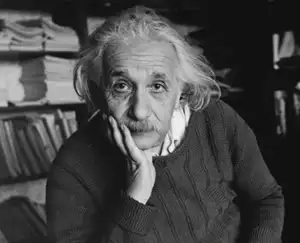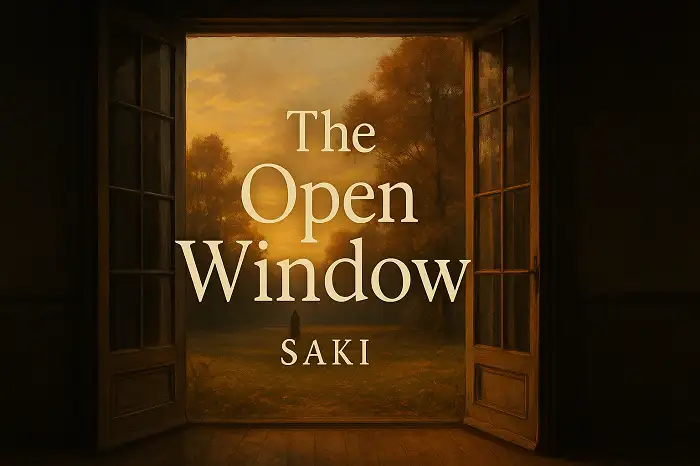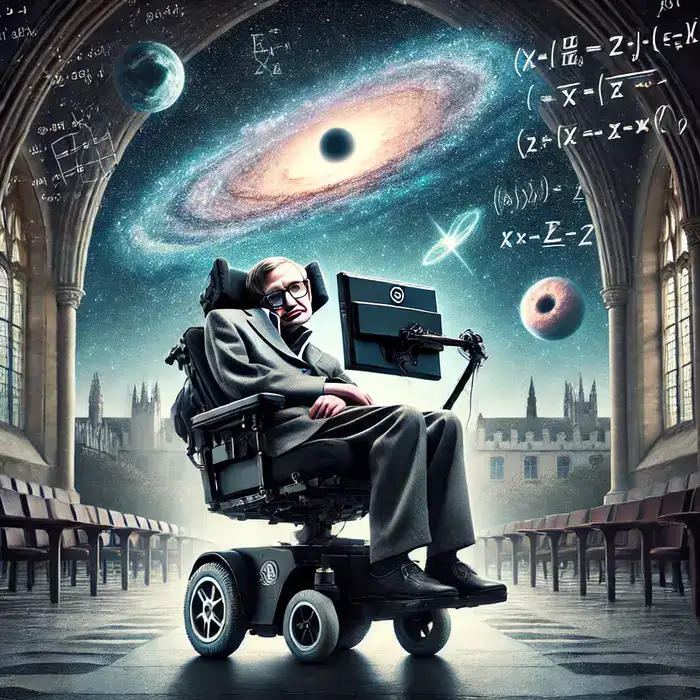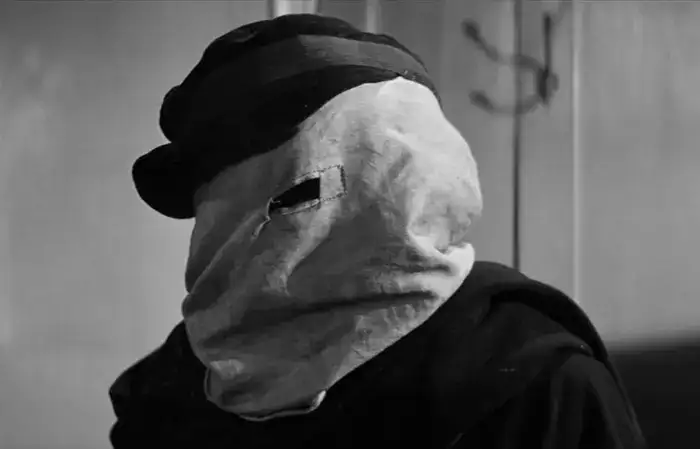Read Albert Einstein biography written for young learners with a video and list of important vocabulary. Learn vocabulary in context with images and listen to any word by selecting the text. Albert Einstein biography Dents in space, light in bundles, and matter that turns into energy sound like science-fiction fantasies. However, Albert Einstein said they were real. Other scientists proved through observations that Einstein’s theories were right. Einstein revolutionized the science of physics and helped bring in the atomic age. Where did Einstein grow up? Albert Einstein was born in Ulm, Germany, on March 14, 1879. He grew up in ...
Home » English for Young Learners » Albert Einstein Biography – Reading Practice

Albert Einstein Biography – Reading Practice
Updated: by Dr. Mohammad Hossein Hariri Asl
Time to Read: 5 minutes | 441 Views | 10 Comments on Albert Einstein Biography – Reading Practice
Share This Post
About the Author
Dr. Mohammad Hossein Hariri Asl is an English and Persian instructor, educator, researcher, inventor, published author, blogger, SEO expert, website developer, entrepreneur, and the creator of LELB Society. He's got a PhD in TEFL (Teaching English as a Foreign Language).
Number of Posts: 4242



Reply to this question:
What in Einstein’s life has fascinated you most? Why?
I am amazed how he revolutionized Physics by imagination and thinking, and not just experiments in laboratory. Because I think no one really did that on that time, to imagine and figure out new facts about the Universe.
I agree. It’s astonishing to know that he believed imagination is more important than knowledge.
Feedback:
* physics
* at that time
* the universe
I also wonder how his imaginations could actually turn into reality and universe rules and not just beyond reality fantasies.
Good question! I guess he was a profound thinker or a pensive person. Therefore, his imagination was not just restricted to wishful thinking or daydreaming, but reflection and contemplation. He had a great sense of intuition and clairvoyance, which should not be identified as bare imagination.
* universal rules
Reply to your feedback:
Is ( in that time) correct or the proposition is always ( at)?
When you want to specify an exact time, e.g. at 8:30 pm, use “at”.
Although “in that time” is possible to use, it’s uncommon compared to “at that time”.
Hi Doctor Hariri,
I have a question: is it right to say, we too? like me too or you too.
Such an interesting question!
“we too” is just colloquial, but it’s ungrammatical. This is because in “me too” or “you too”, me and you are objects, but “we” is a subject and its object is “us”. However, “us too” is not common.
In short, “we too” exists but it’s common case of ungrammaticality which also exists among native speakers. To sound grammatical, you can use the following structure:
So do / are / did / were we.
For example:
A: We were interested in the movie.
B: So were we.
We use this lesson for the round table activity.
For more information on this activity, please study this completed article:
https://lelb.net/round-table-activity/